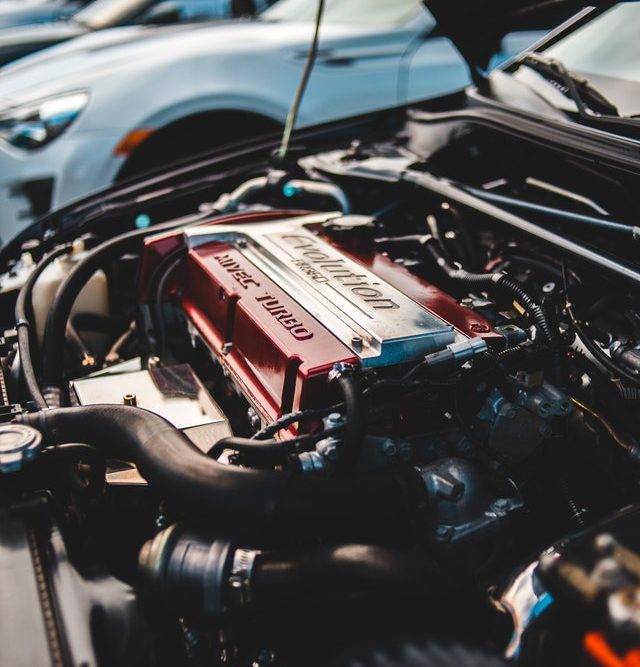Myths About Car Batteries
June 23, 2022

One of the numerous elements that are necessary for the operation of a car is the battery, which is one of the components that we are acquainted with. We are aware that it has two terminals (a positive and a negative one), that it turns on the radio and the lights, and that it starts the vehicle. In point of fact, we may have a tendency to conceive of the battery as a relatively basic component, in contrast to, for example, an engine or an exhaust system.
However, there are a lot of fallacies surrounding car batteries, and believing these beliefs may decrease the battery’s lifespan, lead it to become completely damaged, and even harm other parts in your vehicle. Now is the time to disprove them using some evidence: In addition, if you want your battery to remain in good condition, make sure that you look into redarc battery isolator

1. If your automobile won’t turn over, the problem is almost certainly with the battery. One of the most typical reasons why your vehicle won’t start is because the battery is dead, dying, or has corrosion on its connections. However, there are other potential reasons, such as a malfunctioning starting motor or alternator, blocked fuel injectors, or damaged spark plugs, that should be investigated as well.
2. Jump-starting a dead battery does not do any damage to the battery. A dead battery may be brought back to life with the aid of a jump start; however, this puts pressure on the alternator, which must now try harder to provide the necessary amount of energy to sustain the battery.
3. Driving a vehicle will assist in the recharging of an exhausted battery. Simply driving your vehicle for any length of time will not entirely recharge the battery since the act of starting the vehicle already places a significant amount of load on the battery.
4. Letting a vehicle idle will allow the battery to be recharged. The battery will not be completely recharged if you just let your vehicle sit and idle for any length of time; in fact, doing so may even reduce the battery’s lifespan. Connecting a service charger to your battery is the superior choice for ensuring that it remains in healthy condition.
5. A dead car battery has no impact on the vehicle’s gas mileage. A dead battery forces a component called the alternator to work really hard, which puts more strain on your vehicle’s engine and results in increased fuel consumption.

6. The longevity of an automobile battery is certain- How new your battery was when it was installed, the quality of the placement itself, and a number of other variables, such as how frequently you drive the vehicle and how well the battery is maintained all contribute to the total lifespan of your battery.
7. It’s a good idea to disconnect the batteries if you won’t be driving for a while. Unplugging the battery may lead you to lose the electronic settings in a more modern car that has onboard processors that control the electrics, steering, gearbox, and security systems. Even after replacing the battery, it’s conceivable that they won’t function correctly anymore.




